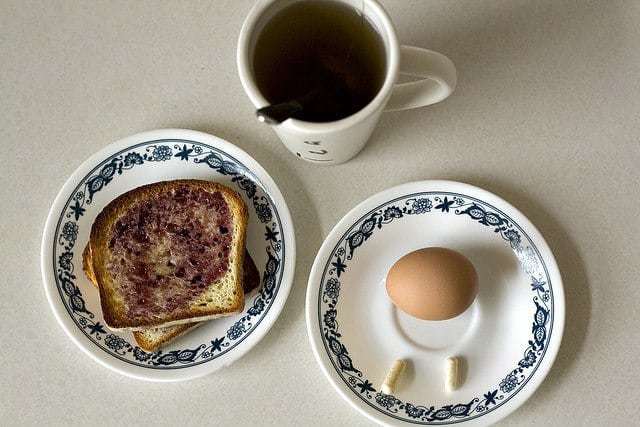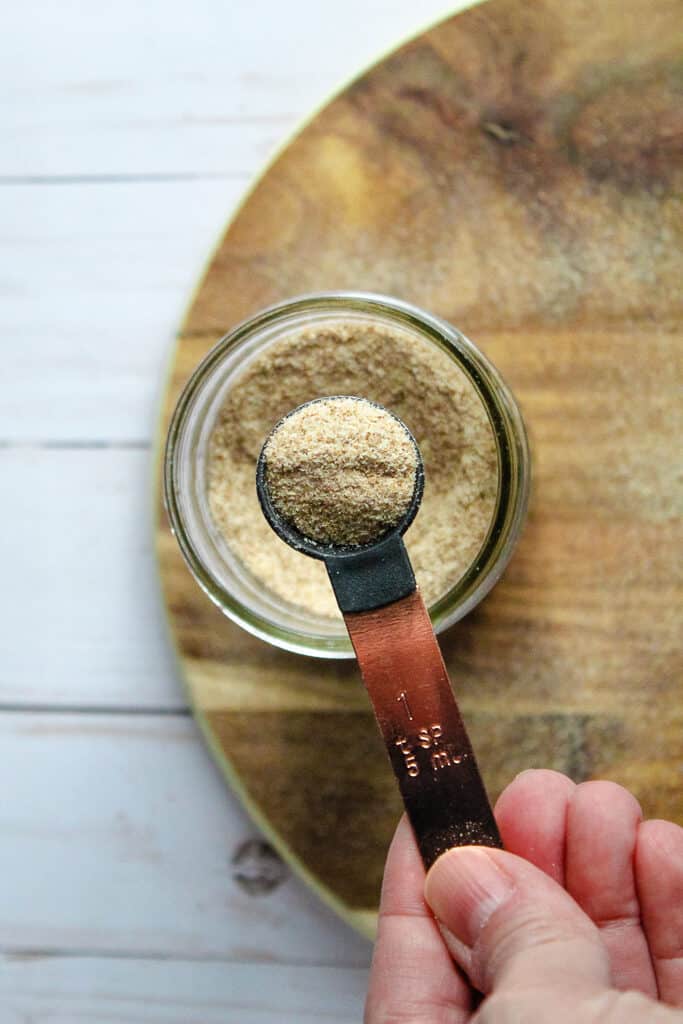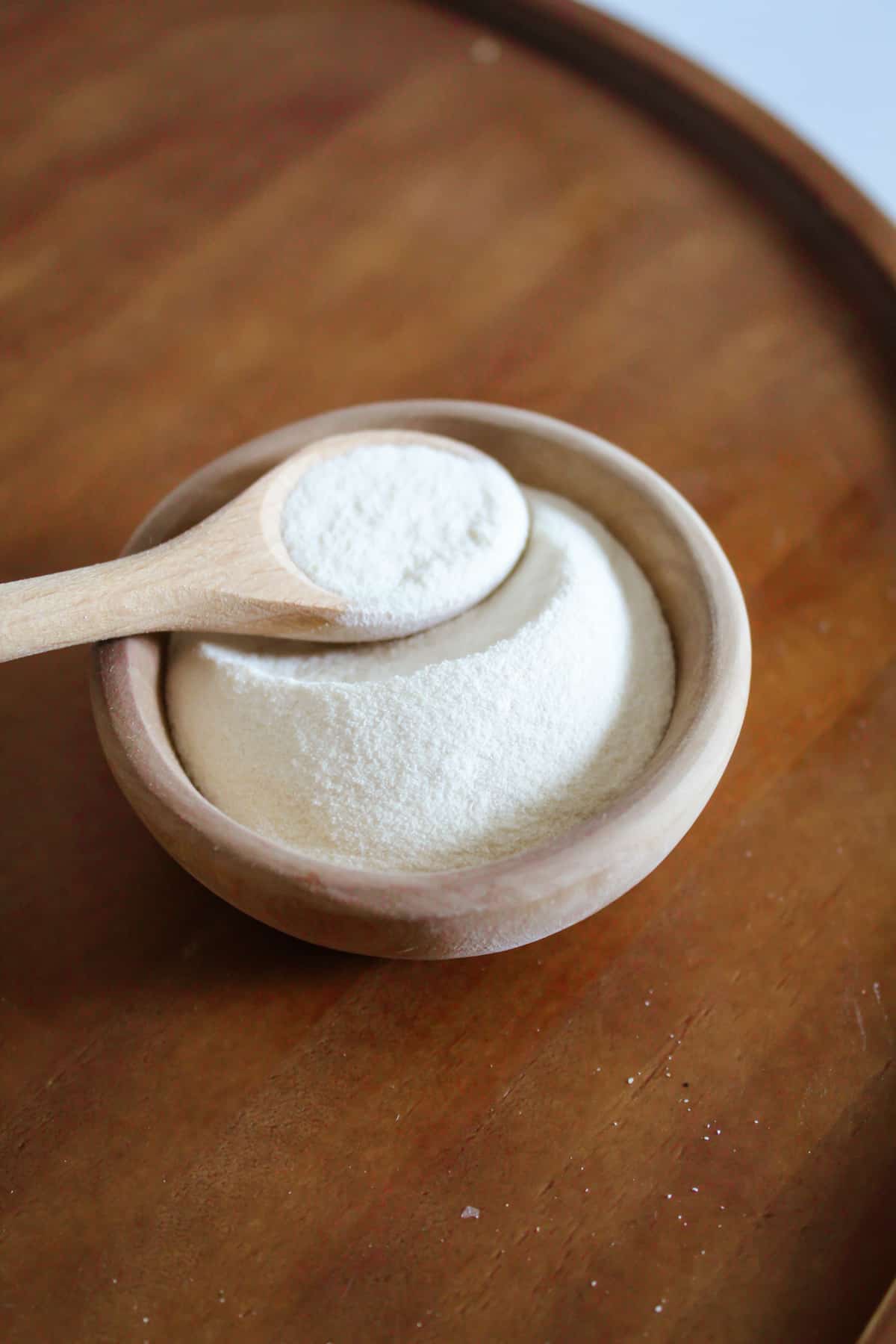4 Vitamin Deficiencies Being Gluten Free Puts You At-Risk For
So we’ve been looking into vitamins and nutrients a lot lately and this article is a direct result of our research…
For anyone diagnosed with celiac disease, following a gluten-free diet is a must. No wavering, no ‘days off’. However, there are others who may be sensitive or even elect to resort to a gluten-free diet. Whatever the reason, it’s worth noting that being gluten free actually carries a certain risk of you being deficient in some essential vitamins which are crucial to your health.
Foods that contain gluten also tend to be rich in B-vitamins and furthermore, finding gluten-free sources can be tricky. This can be due to location as some foods can be hard to find in some regions. Alternatively, some individuals may make dietary choices which do not include foods that are good sources of these vitamins.
Plus, gluten-free grain products are often not enriched with nutrients.
The process of food fortification helps replace some nutrients not otherwise present in foods, but those of us on a gluten free diet may have a tougher time reaching the recommended daily intake of certain vitamins in comparison to someone on a conventional diet.
So what actually causes someone on a gluten free lifestyle to lack certain nutrients?
The problem mainly lies in people with celiac disease, not gluten sensitivity. Because this disease is an autoimmune disease, it also affects the small intestine. In short, the intestine becomes inflamed when gluten is digested and the immune system begins to attack the body’s intestinal tissue as a response to gluten. What happens then is the villi that line the inner walls of the small intestines begin to waste away.
These villi are responsible for absorbing nutrients. So when they waste away, it leads to malabsorption of nutrients and eventually, malnutrition. This normally manifests as anemia, constipation, diarrhea, muscle weakness, fatigue, weight loss and delayed growth to name a few. If this is diagnosed, it is a MUST that a celiac sticks to a gluten-free diet.
Gluten sensitivity (also known as non-celiac gluten sensitivity) on the other hand, results in a range of symptoms which include diarrhea, headaches, bloating and joint pain to name a few. The difference is that the lining of the small intestine is NOT attacked even though in some cases, the digestive tract can become inflamed. With changes in the diet, the symptoms will disappear.
What are some possible nutrient deficiencies caused by a gluten free diet?
Vitamin D – A study by the American Journal of Clinical Nutrition found that 92% of the study participants were not getting enough vitamin D from their foods. Oftentimes, celiacs also avoid dairy products. This may go some way toward explaining the Vitamin D deficiency.
Folate – It is sometimes known as Vitamin B9/Bc. In findings from Johns Hopkins Medicine, folate deficiency was found to be at 85%. It’s most deficient in celiacs because of its chemical complexity. You see, for folate to be absorbed, it must first be converted from its food form (this varies from one food source to another) by enzymes in the intestine. However, as earlier discussed, many celiacs tend to exhibit symptoms of malabsorption due to the damage inflicted on the lining of the small intestine.
Vitamin B12 & B6 – A 2002 study analyzed 30 celiacs who were on a gluten free diet for 8-12 years. The researchers took blood samples and tested them for various nutrients including Vitamin B6 and vitamin B12.
While vitamin B12 levels were normal, 37% were low in vitamin B6. The story is pretty much the same here too. B vitamins are mostly absorbed in the small intestine and if there is damage in this area, then it’s likely that enough of it isn’t being absorbed.
On the upside, many newly diagnosed celiacs see their nutrient levels returning to normal as their villi recover. That said, the science shows that following a gluten free diet can present a risk of nutrient deficiency. It’s worth noting that people who follow a conventional diet exhibit nutrient deficiencies too. It’s just that those who are on a gluten-free diet exhibit greater deficiencies of certain nutrients in comparison to those on a conventional one.
It may be worth consulting a doctor to supplement the deficiencies. However, as we’ve come to know, not all vitamin supplements agree with an intolerant immune system.
Our thoughts — the production of gluten free foods is skyrocketing, as more and more foods hit the gluten-free shelves, manufacturers are going to start fortifying breads, pastas and other foods with these much needed nutrients.
Interesting food for thought!




